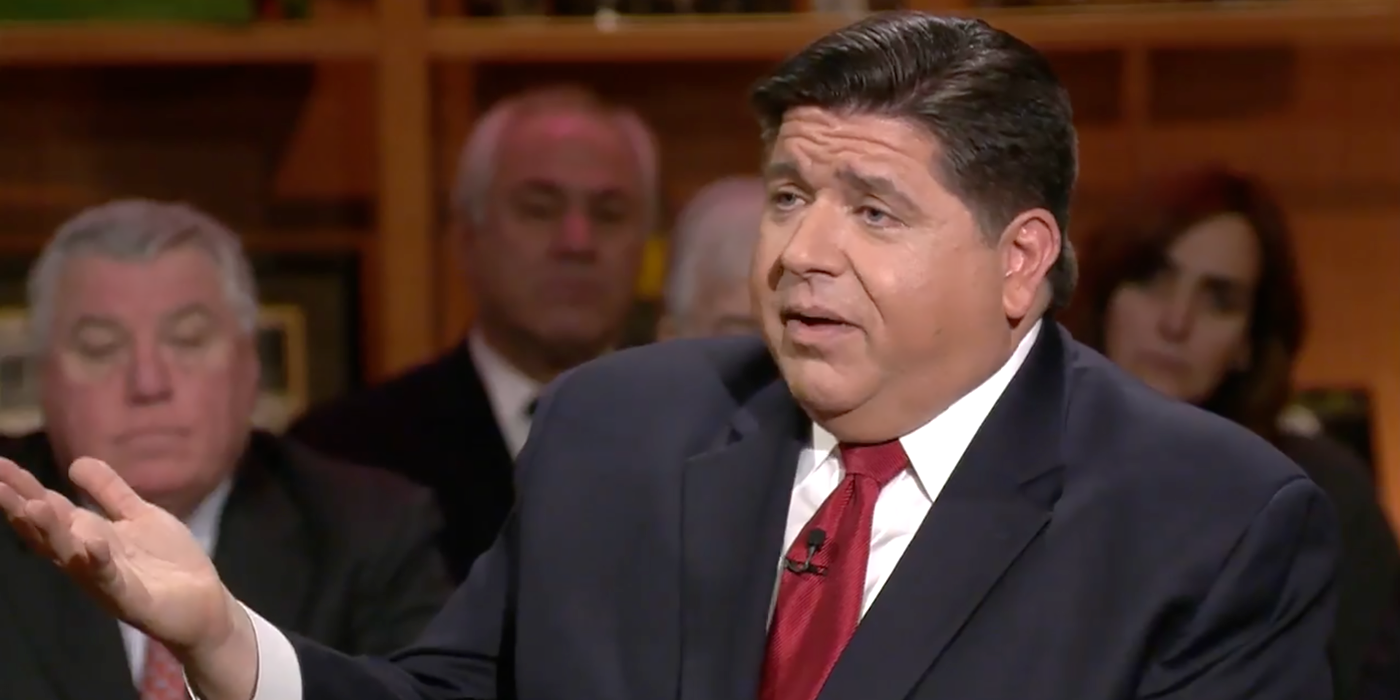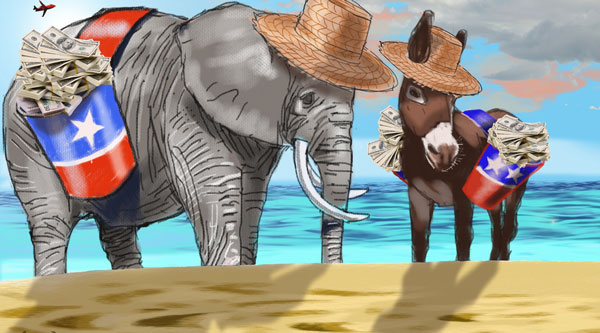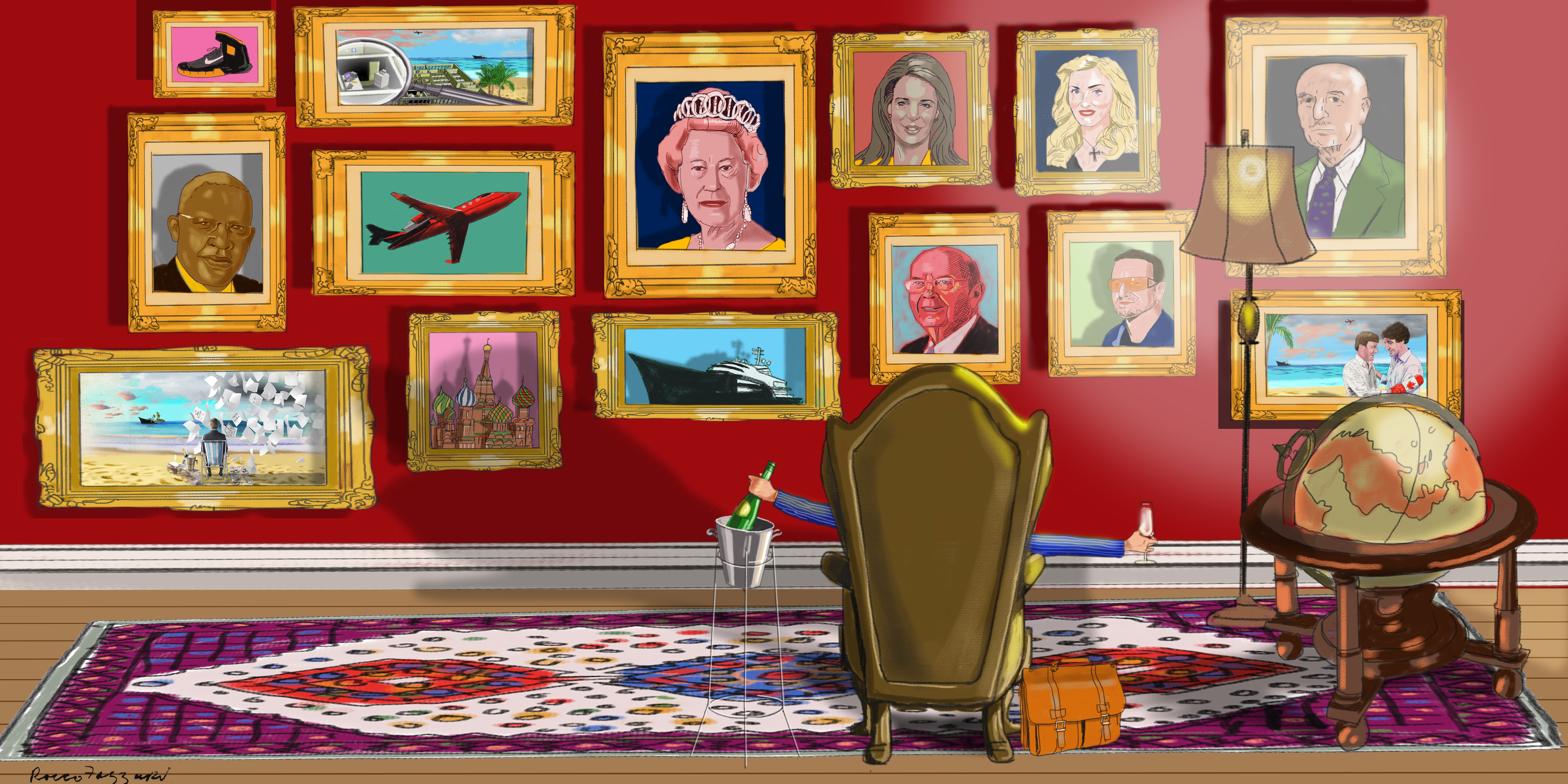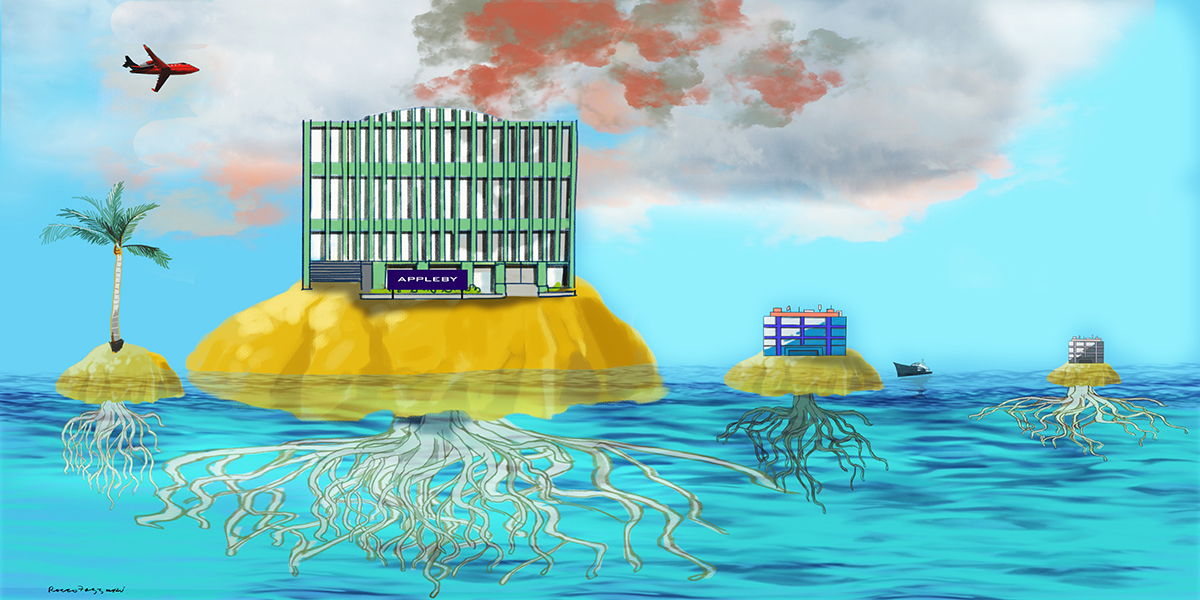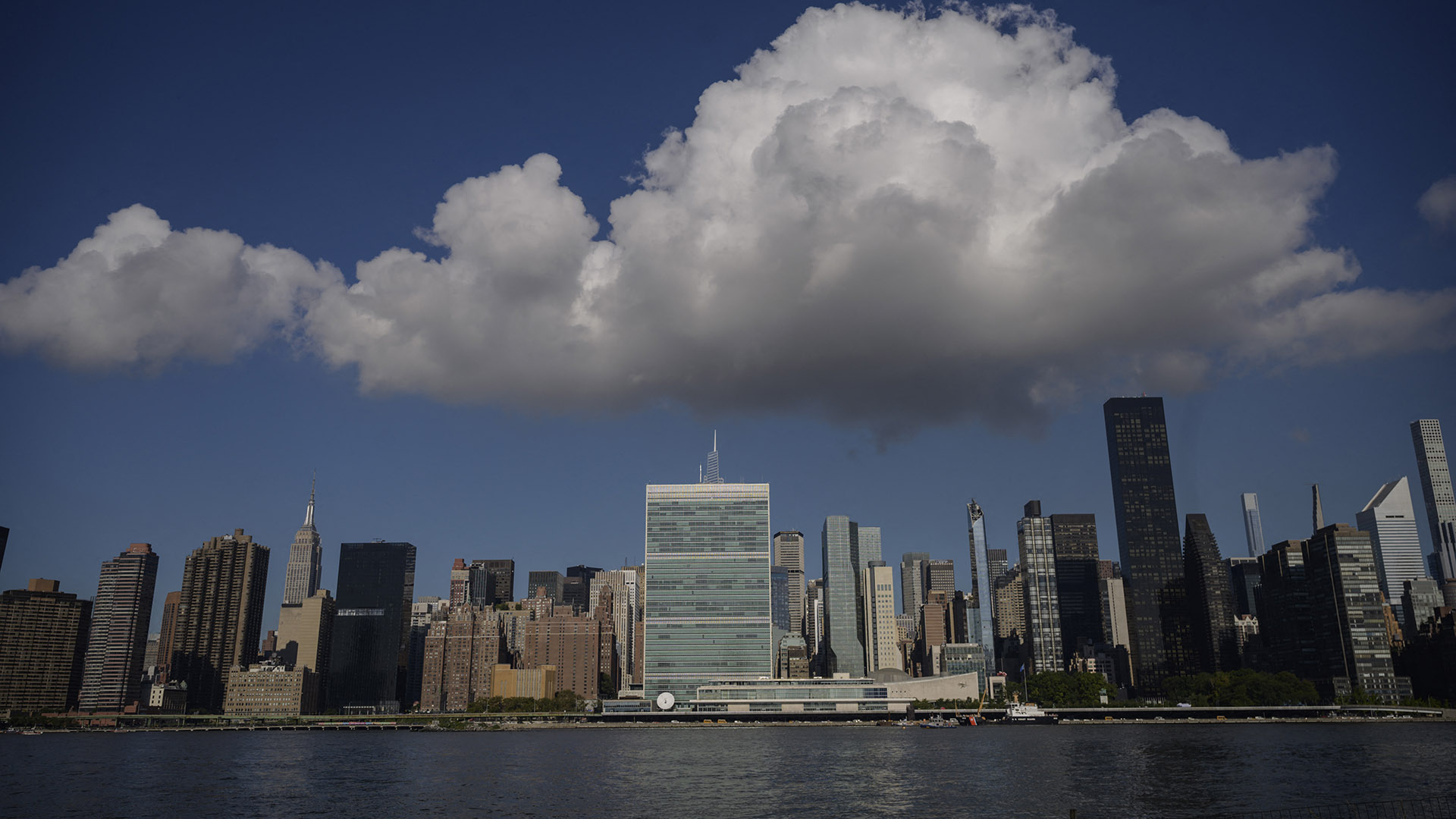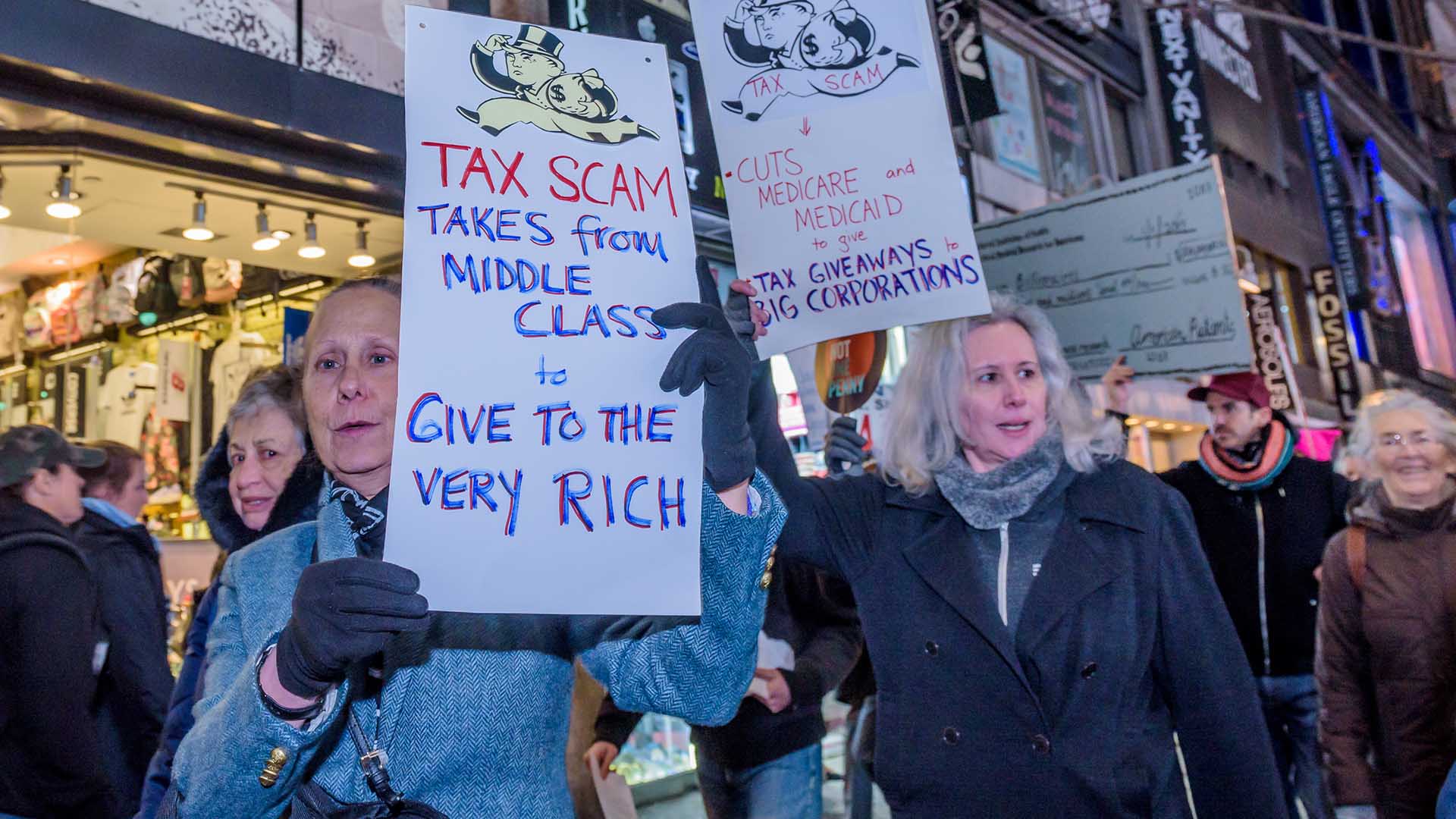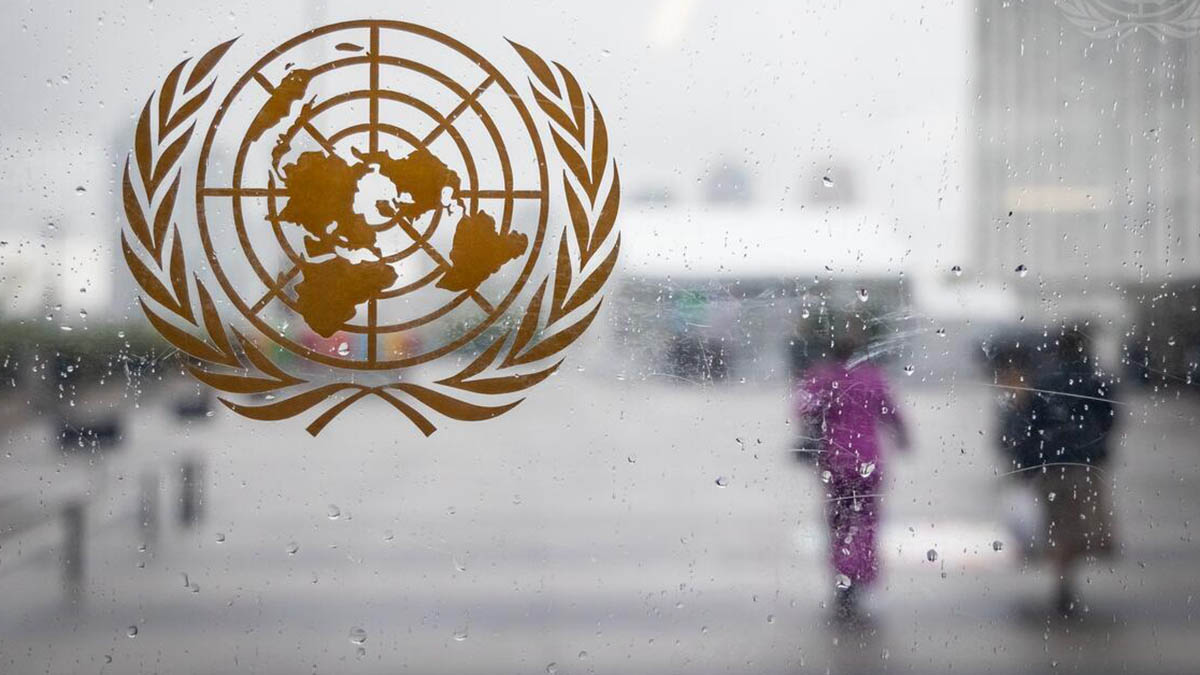For months, J.B. Pritzker, the billionaire Democrat vying for the party’s nomination to run for governor of Illinois, offered the same explanation to questions about whether he has holdings in offshore tax havens. Pritzker maintained that offshore trusts linked to his name were set up by his grandfather, who died in 1986.
“Any trusts for my benefit that are offshore, I have received no distributions from, and those trusts are only providing charitable contributions,” Pritzker said in December. “That’s all that they do.”
But after these comments, reporters for the Chicago Tribune obtained access to the Paradise Papers, a cache of more than 13 million documents leaked from offshore jurisdictions around the world that was at the heart of the International Consortium of Investigative Journalists investigation last year. The files included details about Pritzker’s links to offshore tax havens that appeared to counter his earlier assertions.
In early March, Tribune reporters questioned Pritzker about some of these findings outside a campaign event. But Pritzker provided little additional information regarding his offshore connections. “I really don’t have any details about this,” Pritzker said, shaking his head.
On Wednesday, the Tribune cited the Paradise Papers in reporting that a series of offshore companies had been created long after the death of Pritzker’s grandfather, which “are either wholly owned by J.B. Pritzker, his brother and business partner Anthony Pritzker, or list other close associates as controlling executives.”
The report of additional connections between Pritzker and the world of offshore finance, which is often used to dodge taxes, shook the state’s Democratic primary contest, which will be held Mar. 20.
A debate Wednesday night between Democratic gubernatorial contenders led with fierce exchanges about the new reporting from the Paradise Papers. Pritzker asserted that the Tribune story contained nothing new and that the companies were set up not by him but by trusts to benefit charitable interests; he said all of the entities had previously been disclosed.
But his opponents pounced on him, accusing Pritzker of mischaracterizing the new revelations. “J.B. Pritzker set up companies offshore, probably to avoid taxes and spent the entire past year lying about it,” said Daniel Biss, a Democratic state senator and gubernatorial challenger who bills himself as running to the left of Pritzker.
“What he’s done is he’s avoided paying taxes” said fellow Democratic rival Chris Kennedy of Pritzker. “Every taxpayer in the United States now pays more in income tax because he paid less.”
The reports of Pritzker’s offshore connections also drew new attention to the decision by Pritzker and Kennedy – a millionaire himself – to release only limited portions of their income tax returns. “Now we know part of what J.B. Pritzker has been hiding,” Biss said in Wednesday’s debate. “I’m scared to know what the rest is.”
Penny Pritzker and the Paradise Papers
Heirs to the Hyatt Hotel fortune, the Pritzkers are one of the wealthiest families in America. This isn’t the first time the Pritzkers’ offshore ties have emerged in the Paradise Papers.
J.B. Pritzker’s sister is Penny Pritzker, who served as President Obama’s second commerce secretary. Before assuming the post in Washington, Pritzker pledged to sell investments to avoid conflicts of interest while serving in public office.
Files from the Paradise Papers show that soon after she received Senate confirmation in June 2013, Pritzker transferred her interests in two Bermuda companies to a firm that used the same mailing address as her private investment firm in Chicago.
The company was “owned by trusts that are for the benefit of Penny Pritzker’s children,” according to Appleby’s files. These transfers may have fallen short of federal ethics standards for divestment, according to ethics expert Lawrence Noble.
Penny Pritzker did not respond to numerous requests for comment before publication.
After ICIJ and its partners published its findings, a spokesperson for the former commerce secretary provided a statement: “Ms. Pritzker, in consultation with and under the review of the Office of Government Ethics during her service as U.S. Secretary of Commerce, timely complied with all of the rules and requirements promulgated by the Office of Government Ethics with respect to her divestitures and her holdings.”
